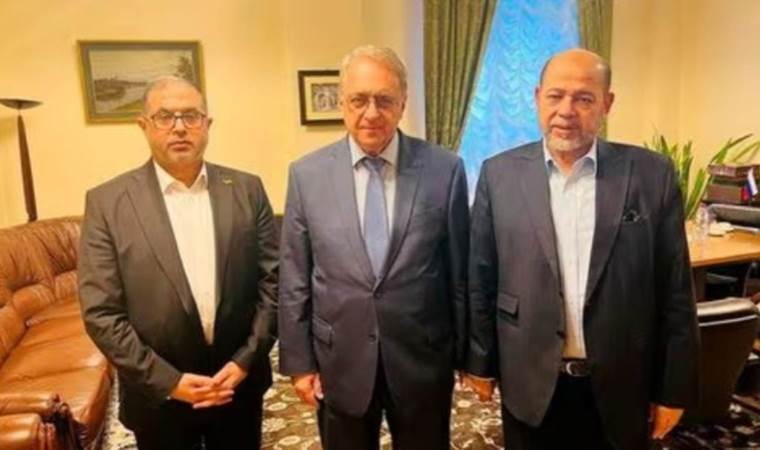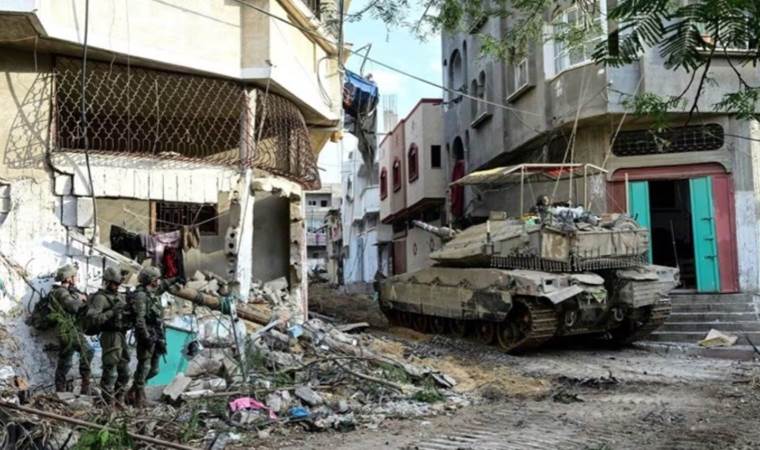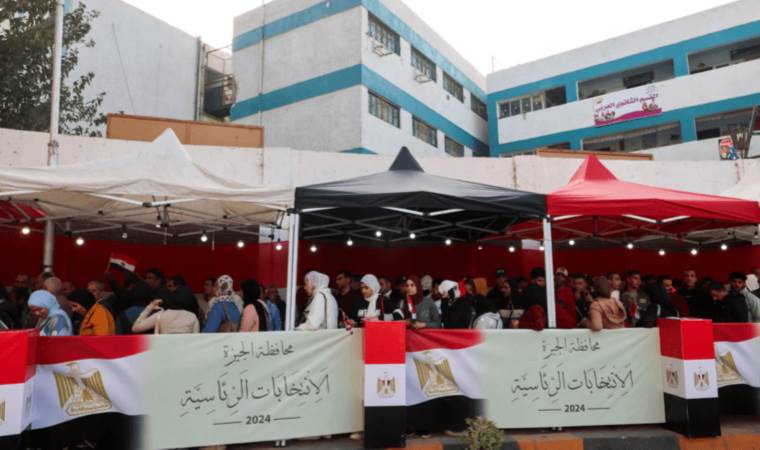Russia demands release of hostages in talks with Palestinians
Russian Deputy Foreign Minister Mikhail Bogdanov demanded the release of hostages held in Gaza in telephone calls on Sunday and Monday with Hamas and other Palestinian factions, the Russian foreign ministry said.

The statement followed a series of meetings and calls between President Vladimir Putin and Middle East leaders in the past week.
The ministry said Bogdanov's conversations highlighted the military and humanitarian situation in Gaza, where Russia "confirmed its principled position on the need to cease hostilities and urgently resolve all humanitarian problems that have arisen, including the release of hostages".
The statement did not make clear whether Russia sought the release of all hostages seized by Hamas during its Oct. 7 rampage into southern Israel or just the release of any Russian nationals among them.
The minister spoke to senior figures in the Palestine Liberation Organisation (PLO), the Palestinian Democratic Union, the Popular Front for the Liberation of Palestine, and Hamas.
Bogdanov stressed the need to restore Palestinian unity "in the framework of the PLO" and reaffirmed Moscow's support for a Palestinian state to co-exist alongside Israel, the statement said.
Russia called on Sunday for an international monitoring mission to go to Gaza to assess the humanitarian situation.
Foreign Minister Sergei Lavrov said Moscow strongly condemned the Oct. 7 Hamas attack on Israel, but it was unacceptable for Israel to use that as justification for "the collective punishment of millions of Palestinian people with indiscriminate shelling".
Analysts say the Gaza war has proved helpful to Russia by distracting the world's attention from its war in Ukraine and making it harder for Kyiv to compete for Washington's attention and military aid.
Putin has also used it as an opportunity to criticise the failings of U.S. diplomacy in the Middle East and raise Russia's own profile as a regional player with ties to all the main actors.
Putin has stepped up his own contacts in the past week, though the aim of his latest diplomatic flurry is not yet clear.
He spoke to Egyptian President Abdel Fattah al-Sisi on Saturday and Israeli Prime Minister Benjamin Netanyuhu on Sunday, having last week met the leaders of Saudi Arabia, the United Arab Emirates and Iran.




